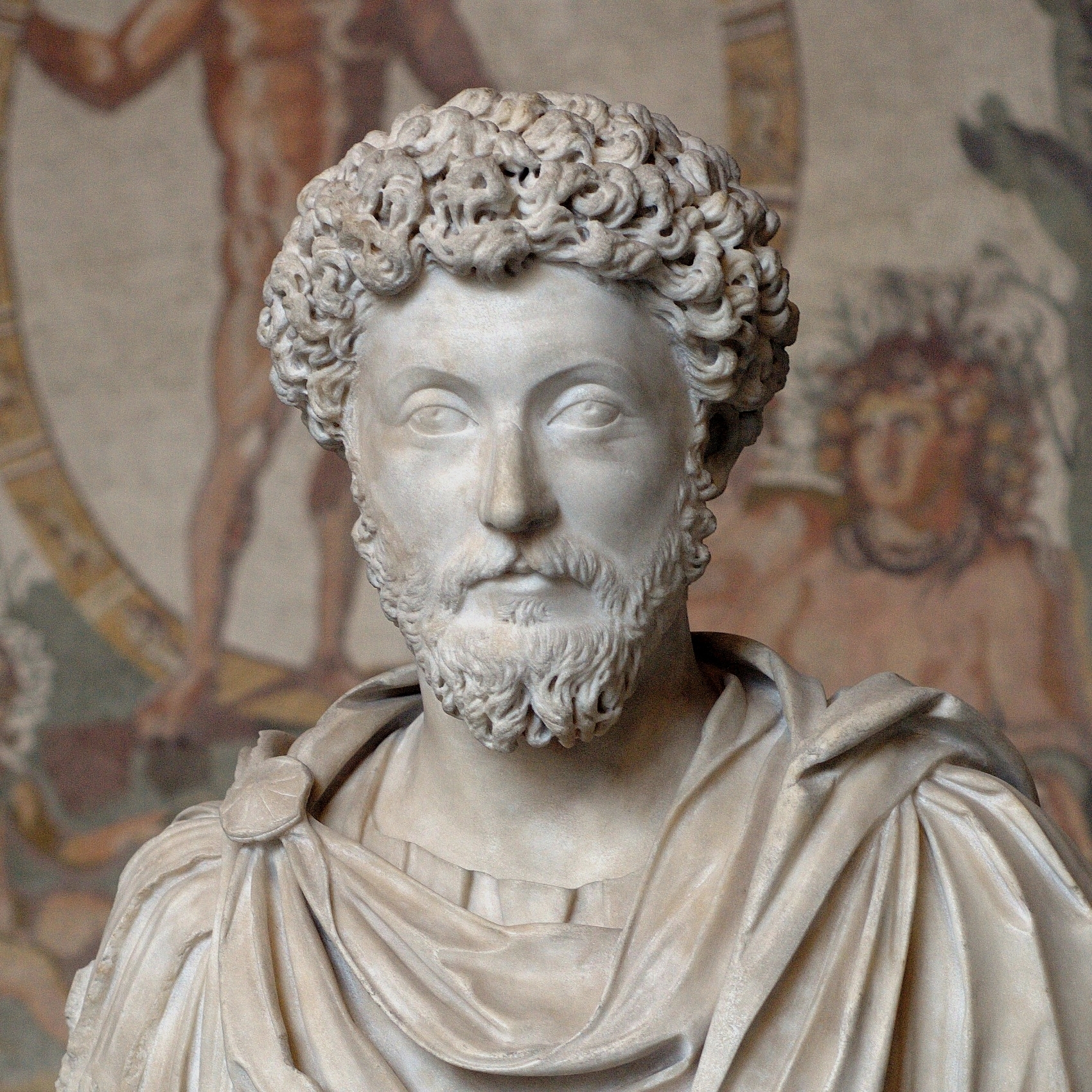I recently recalled the introductory monologue from the documentary film Zizek! In it the eponymous philosopher and social critic takes a stab at his theory of the universe, arriving swiftly and entertainingly at “love is evil.” The contrarian path he takes to that end is his trademark, and I wanted to put it up to have it pitched against my conclusion on centrality… with Zizek the pessimist, and Ivan the optimist. Both agree that the known universe is unfathomably large, mostly empty, and matter is accidental….
Admittedly, I prefer to wield love as a weapon against nihilistic attitudes. Doesn’t “assuming the mistake,” as Zizek says, also assume opening the door onto moral inclusiveness? I cannot first claim that existence is indeed pointless, and immediately thereafter attempt to separate myself from the same concept by calling it evil. To call it good, on the other hand, agrees with my initial motion to assimilate universal pointlessness, as both of those gestures are inward. Historically it has been more successful to be a giver to others (on any level: civil rights, activism, friendship, collaborative endeavors like building and diplomacy). That is what will make our momentary lives more pleasant, and it actually requires more responsibility and strength than nihilism and constant denial of purpose. I want to believe that my ability to love things— to pick an object out of the infinite universe, to assign it disproportional importance (perhaps a very violent act), and sacrifice an objective point of view— is one of the best things about being human, and will be one of the biggest losses when I die. And while this may seem to be a romantic and intoxicated philosophy, consider Marcus Aurelius, who numerously repeats in his Meditations that life is short, there is no past or future, and that you must exercise your most human faculties while you are able:
Remember that man lives only in the present, in this fleeting instant; all the rest of his life is either past and gone, or not yet revealed. [III. 10.]
The universe is flux; life is opinion. [IV. 3.]
Do not then consider life a thing of any value. For look at the immensity of time behind thee, and to the time which is before thee, another boundless space. In this infinity then what is the difference between him who lives three days and him who lives three generations? [IV. 50.]

I think the Stoics got it right. Start with “there is nothing,” but end with “don’t be an asshole.”
Not surprisingly, physicists and theologians have debated their own version of this– in a classically nerdy way– with the advent of the anthropic principle (since the 1960s). The principle looks at the conditions & probability of intelligent life developing to our level– our observations and calculations are getting large enough to entertain that ultra-slim probability. It is one of the contemporary battlegrounds of science vs. religion, once cosmologists suddenly found themselves wading in divine territory. The theory kind of lets us have our cake and eat it too. One the one hand, we are miniscule, arbitrary points in an enormous evolutionary narrative, but on the other we are unique because only in our state are we able to observe and question the nature of the universe…. Stephen Hawking’s approach is most humbling, because it isn’t exclusionist. He supports an idea that is associated with those who are traditionally his moral enemies and doesn’t take sides, on the basic premise that he cannot claim to know everything. His description of it in Chapter 8 of A Brief History Of Time is worth reading.

“While other universes expand too quickly (top) or close before life can evolve (bottom three), our universe (second from the top) seems perfectly poised to support life.”
Stephen Hawking
Wielding love like Ivan the optimist and Marcus Aurelius the stoic, Hawking is generously inclusive in his worldview, which gives him the upper hand in a universe that keeps revealing new centers to him.